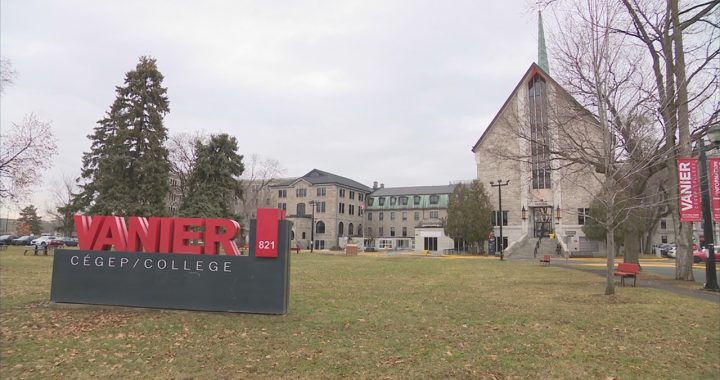Recent changes to the Marriage Act in Ontario will help recognize the role Indigenous communities and organizations have in designating a marriage officiant.
The province made the changes in early October and it now recognizes the ability for those getting married to have traditional Indigenous weddings.
Sanford White and his wife Ann Marie Proulx-White were getting married one way or another despite COVID-19 restrictions. They found an outside venue in a traditional palisade on Proulx’s home community of Neyaashiinigmiing, Cape Croker that was everything they had hoped for.
White says he and his wife come from traditional backgrounds, and being able to do a traditional wedding ceremony was one they couldn’t pass up.
“The way we were raised we felt that it would be an important way for us to do the ceremony and then we wanted to mix it with a little bit of modern style wedding,” White told APTN News.
In an October statement, Ontario’s Minister of Indigenous Affairs Greg Rickford said these changes will help make Ontario a more inclusive province.
“Our government is proud to take action to build a more inclusive province by legally recognizing the role of Indigenous marriage officiants and ceremonies,” Rickford said.
Solemnizing a marriage is done by a licenced person and it’s the formal legal requirement of performing the ceremony. The amendments to the act now recognize Indigenous marriage ceremonies as valid.
Rickford’s statement continued saying the changes are needed to respect Ontario’s diversity.
“We have listened to advice from Indigenous partners and acted to ensure the Marriage Act respects the diversity of Indigenous communities and cultures, reflecting our commitment to advancing reconciliation.”
Proulx-White said they consulted elders on Ojibwa weddings to make sure they didn’t miss anything when it came to a tradition wedding.
“So, we did seek out one, two of our elders that are traditional mentors. And we did speak about what those teachings look like through that old traditional protocols. We wanted to respect those Anishinaabe protocols.”
Part of the changes allows members of Indigenous communities to perform the ceremonies and submit a marriage for registration with the Ontario Registrar General.
Elaine Kicknosway is a First Nation wedding officiator and says people still need to get a marriage licence but now community members are able to do so thanks to these new changes.
“The changes in the Marriage Act will allow a person to solemnize a marriage in Ontario if they belong to the band, a First Nations, Metis settlement or Inuit community but they’ve taken a little further and said organizations. So, organizations within communities can say we identify this person.”
Kicknosway added she likes to see ceremonies reflecting the couple’s personalities and not just the same old same old.
Proulx-White says they incorporated as much of the Anishinaabe language as they could including the word gzaagan for love.
“In the English language we say ‘I love you’ or I love you but in the Anishinaabe language it means more than just I love you it means like ‘I share him with the world’ or ‘I’m sharing my love with him with the world’ it means so much more that ‘I love you,’” she said.
COVID-19 restrictions and protocols meant less people attending their wedding but Proulx-White says it all fell into place in the end.
“People from my community just pulled together and my cousins and I couldn’t have done it without them but we actually saved money instead of having the huge gathering so that was the bonus.”
The couple says if COVID-19 restrictions permit they will renew their vows next year with a larger gathering.










